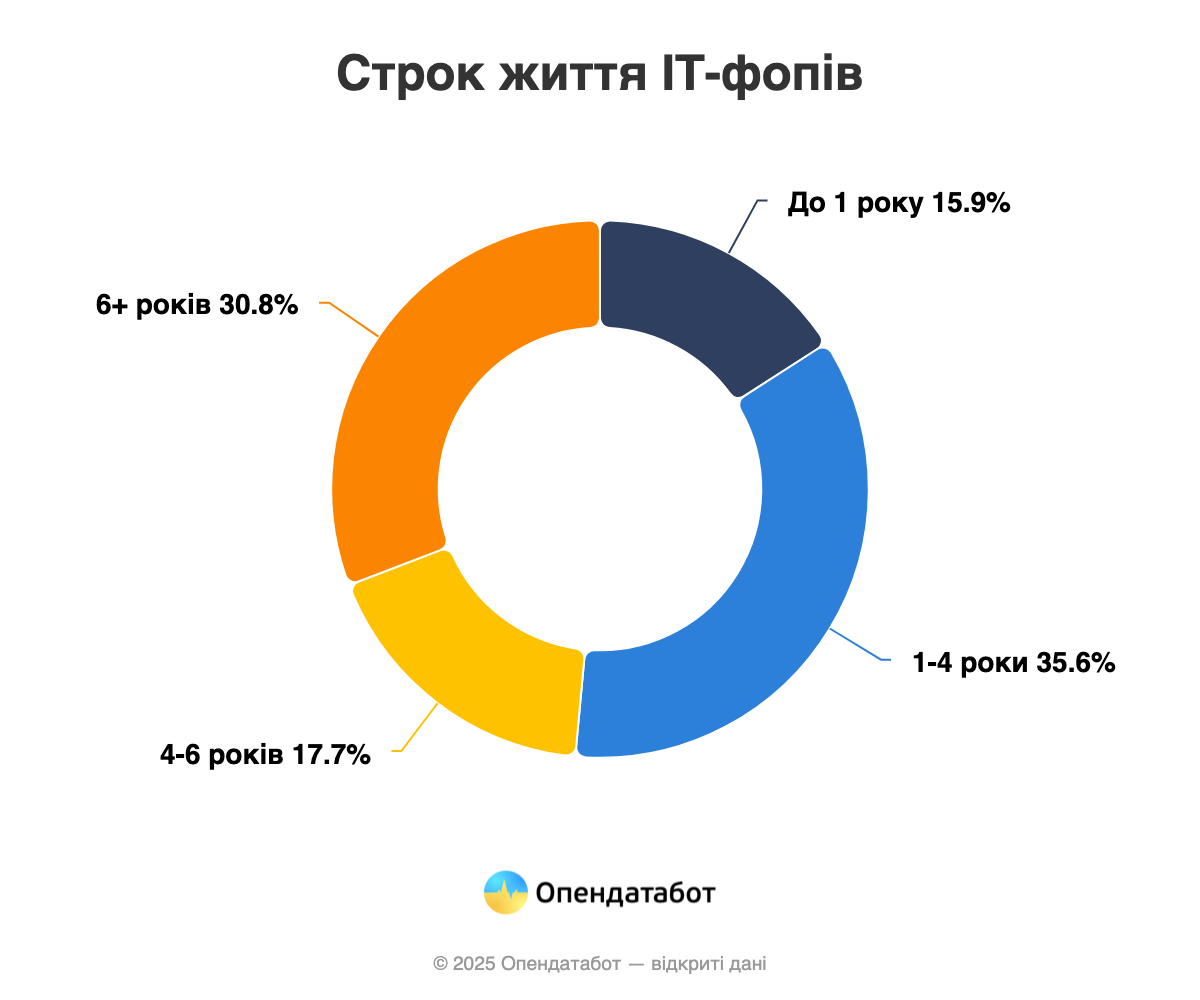
The Ukrainian Ministry of Education and Science has announced competitions to fill rector positions at three more universities in Sumy and Zhytomyr.
According to the ministry, competitions have been announced for the positions of rector of the A. S. Makarenko Sumy State Pedagogical University, Sumy State University, and Polissya National University.
It is noted that Ukrainian citizens who are proficient in the state language in accordance with the level determined by the National Commission for State Language Standards (fluent command of the state language of the first or second degree), have an academic title and degree, and at least ten years of experience in scientific and pedagogical positions are eligible to participate in the competitions.
The deadline for submitting applications is two months from the date of publication of the announcement on the official website of the Ministry of Education.
As reported, on 3 September, the Ministry of Education cancelled the competition for the position of rector of the Kyiv National University of Technology and Design (KNUTD) due to a lack of candidates.
In October-November, the Ministry of Education announced competitions to fill the positions of rectors at 11 universities in Odesa, Vinnytsia, Kropyvnytskyi, Kharkiv, Chernihiv and Kyiv, in particular: Odessa State Academy of Civil Engineering and Architecture, Kharkiv National Economic University named after Semen Kuznets, National Technical University ‘Kharkiv Polytechnic Institute’, Kharkiv National Pedagogical University named after G. S. Skovoroda, National University of Food Technologies, Yaroslav Mudryi National Law University, Vinnytsia National Technical University, Vinnitsa State Pedagogical University named after Mikhail Kotsyubinsky, Kharkiv National Automobile and Road University, Central Ukrainian National Technical University, and Chernihiv Polytechnic National University.

On November 26, the Cabinet of Ministers of Ukraine adopted a decision to strengthen support for the livestock industry in frontline territories. The corresponding resolution “On Amendments to the Procedure for Using Funds Provided in the State Budget for State Support for the Development of Livestock Farming and Agricultural Product Processing” was adopted at a regular meeting. The goal is to strengthen state support for agricultural producers in frontline territories and to develop the processing of agricultural products and livestock farming.
The changes provide for an increase in the partial reimbursement of the cost of building livestock farms for keeping cattle in frontline territories from 25% to 50% of the cost.
“Increasing the reimbursement to 50% is significant financial support for businesses that continue to invest in the restoration of livestock farming. This decision will not only reduce the cost of building new facilities, but will also contribute to the growth of milk production and value-added products. As a result, communities in frontline regions will gain new jobs, more stable incomes, and more opportunities for development even in the difficult conditions of war,” emphasized Taras Vysotsky, Deputy Minister of Economy, Environment, and Agriculture of Ukraine.
The government’s decision is an important step in supporting agricultural producers who are building or renovating livestock farms and processing facilities. The increased reimbursement rate will stimulate investment in livestock farming and accelerate the recovery of production in regions operating near the combat zone.
The document was prepared by the Ministry of Economy, Environment and Agriculture of Ukraine.

Ukraine imported 123,140 tons of potatoes in January-October 2025, which is 5.1 times more than in the same period last year, according to the State Customs Service.
According to published statistics, in monetary terms, potato imports increased 4.8 times, to $66.086 million, compared to $13.69 million a year ago. The main imports came from Poland (36.9% of supplies in monetary terms), Egypt (13.7%), and the Netherlands (11.6%).
At the same time, potato exports from Ukraine decreased by 13.4% to 2.14 thousand tons during the reporting period, while in monetary terms, sales were more profitable and brought in 2.4% ($521 thousand) more revenue than last year. The main buyers of Ukrainian potatoes were Moldova (58.5% of all exports), Azerbaijan (38.6%), and Singapore (0.6%).
In October 2025, Ukraine imported 359 tons of potatoes, which is 11.4 times (4,090 tons) less than in the same period last year, while exports increased 4.6 times (269 tons).
As reported, Ukraine had a poor potato harvest in the 2024 season due to drought, extremely high temperatures, and a shortage of seed material.
Deputy Minister of Economy, Environment, and Agriculture Taras Vysotsky noted in a podcast by the Center for Economic Strategies that in 2025, the vegetable harvest in Ukraine will be sufficient and even greater than last year, so no shortage is expected in this sector.

According to the 7SDA forecast, total milk production in Ukraine will decline even further in 2026 due to a decrease in the number of cows, problems with industrial production related to the war, and inefficient household production. This forecast was made by analysts of the US Department of Agriculture (USDA).
Milk production in Ukraine in 2026 is estimated at 6.8 million tons, which is 4% less than this year (7.1 million tons).
At the same time, consumption of dairy products in the country is expected to grow slightly next year, while the growth of Ukrainians’ incomes is offset by the outflow of population.
USDA forecast for production and trade of certain types of products
Cheese
production: 139 thousand tons (+4 thousand tons)
exports: 20 thousand tons (+4 thousand tons)
imports: 45 thousand tons (+2 thousand tons)
Butter
production: 73 thousand tons (+1 thousand tons)
exports: 14 thousand tons (+1 thousand tons)
The growth was driven by expected high demand on international markets and good production profitability.
Skimmed milk powder
production: 33 thousand tons (+1 thousand tons)
exports: 24 thsd tonnes (+1 thsd tonnes).

In Ukraine, more IT professionals are closing their fops than opening new ones: -7.5 thousand entrepreneurs since the beginning of the year. In general, IT fops are among the longest-lived: the median life span of those who worked in computer programming and closed this year is almost 4 years. The oldest entrepreneur among those who closed this year worked for 34 years.
18,605 new sole proprietorships in computer programming appeared this year, which means that the number of newcomers to the field remained almost unchanged. Instead, existing businesses are closing more and more actively: 26,158 IT entrepreneurs have closed their operations. Overall, losses in the industry tripled over the year: 7,553 FOPs in just ten months of this year.
Traditionally, the largest number of new IT fops was registered in Kyiv (3737), Lviv (2015), Dnipro (1740), Kharkiv (1557), and Kyiv regions (1338). At the same time, only two regions maintained a positive balance – when more opened than closed -: Volyn (+19 fops) and Ternopil (+12).
Men predominate among new IT entrepreneurs – 57% of registrations, while women account for 43%. And in no region does the number of women entrepreneurs exceed the number of men – this is currently an atypical situation for Ukrainian businesses, which are mostly started by women.
The median life of an IT fop that closed in 2025 is 4 years. One in six IT fops ceases operations within the first year, and another third operate for one to four years. The oldest entrepreneur to close this year had been operating since 1991.
However, the closure of fops does not necessarily indicate a crisis in the industry, but rather a change in the way IT professionals are employed. Thus, according to DOU, 57% of IT professionals work as freelancers this year. Comparatively, a year ago, the number was 70%, and in 2022 it was 87%.
At the same time, according to Gini, the number of vacancies in the IT sector has only increased over the past year. Thus, while 72,396 job offers for IT professionals were posted in 10 months of last year, the same period this year has already seen an 11% increase in such offers: 80 297.
https://opendatabot.ua/analytics/it-foponomics-2025


The first dealership center of the new premium brand of electric and hybrid cars Avatr, which enters the Ukrainian market, was opened on Stolichnoye highway in Kiev by the official distributor of the new brand – Atlant Motors Ukraine LLC (part of the Atlant Motors group of companies), the press service of the company reported.
The official presentation of the brand took place on November 20. “Atlant Motors Ukraine” will provide a full cycle – from car sales to service, warranty of the manufacturer and sale of original spare parts.
“Atlant Motors Ukraine” informs about plans to expand the network of official dealer centers in different regions of Ukraine. In particular, by the end of this year there will be official dealers in Odessa, Kiev, Kharkov, and in 2026 AVATR brand showrooms will be opened in Lviv and Dnipro.
At the official opening three models of the brand were presented, in particular Avatr 07 – urban mid-size hybrid or electric SUV. The car is offered in two variants: all-electric (BEV) and series hybrid (REEV). The REEV version is equipped with a hybrid setup based on a 1.5-liter turbo engine and electric motors with a total output of up to 492 hp.
Atlant Motors Group of Companies has been operating in the Ukrainian market for more than 20 years and represents, in particular, the Renault brand in Kharkov and Kharkov region. The group also includes Atlant Motors Energy (Kharkiv) – one of the largest suppliers of electric cars from China to Ukraine, which, according to YouControl data, has net income of UAH 619.9 million in 2024 and UAH 1.28 billion in January-September 2025.